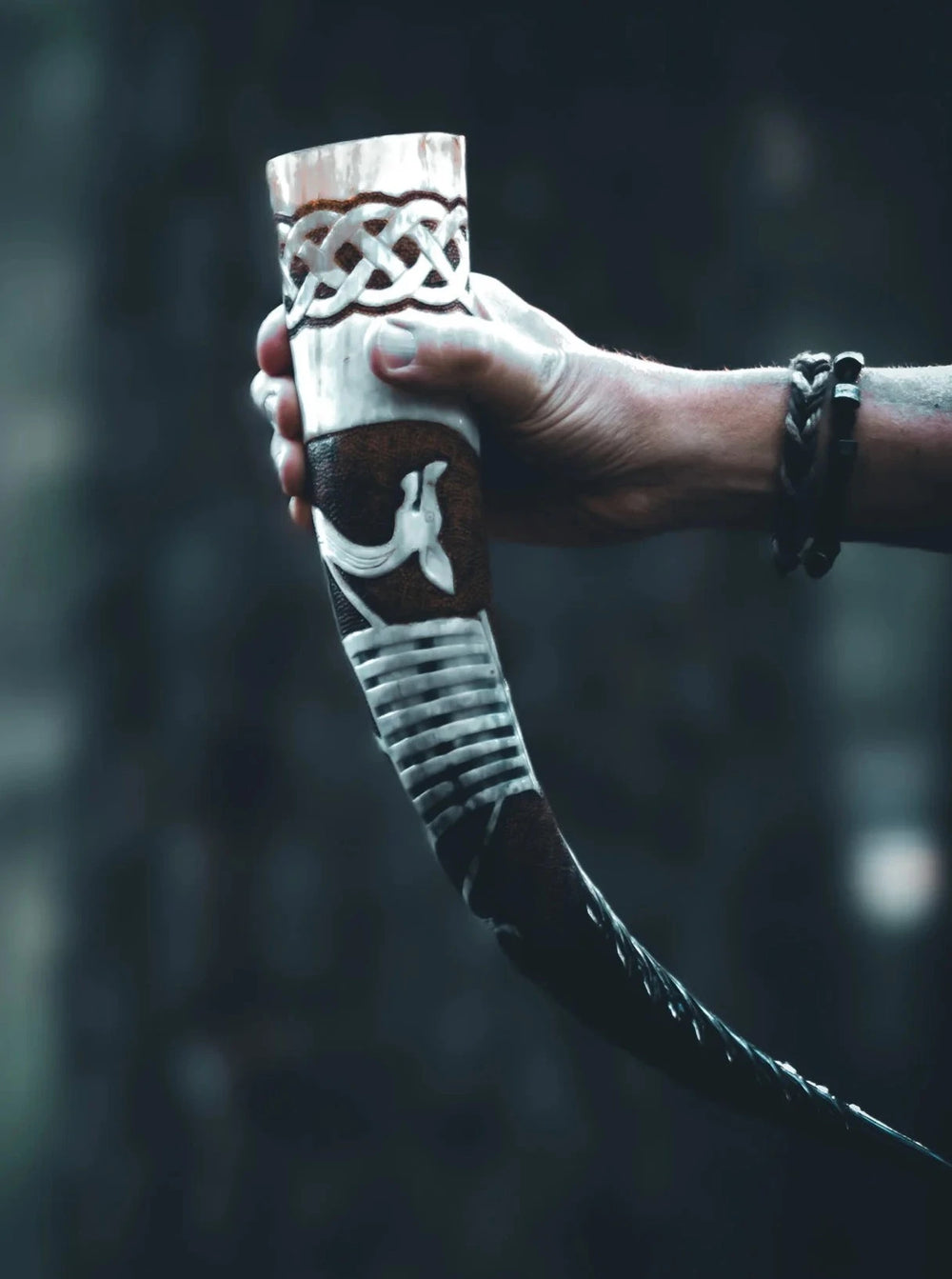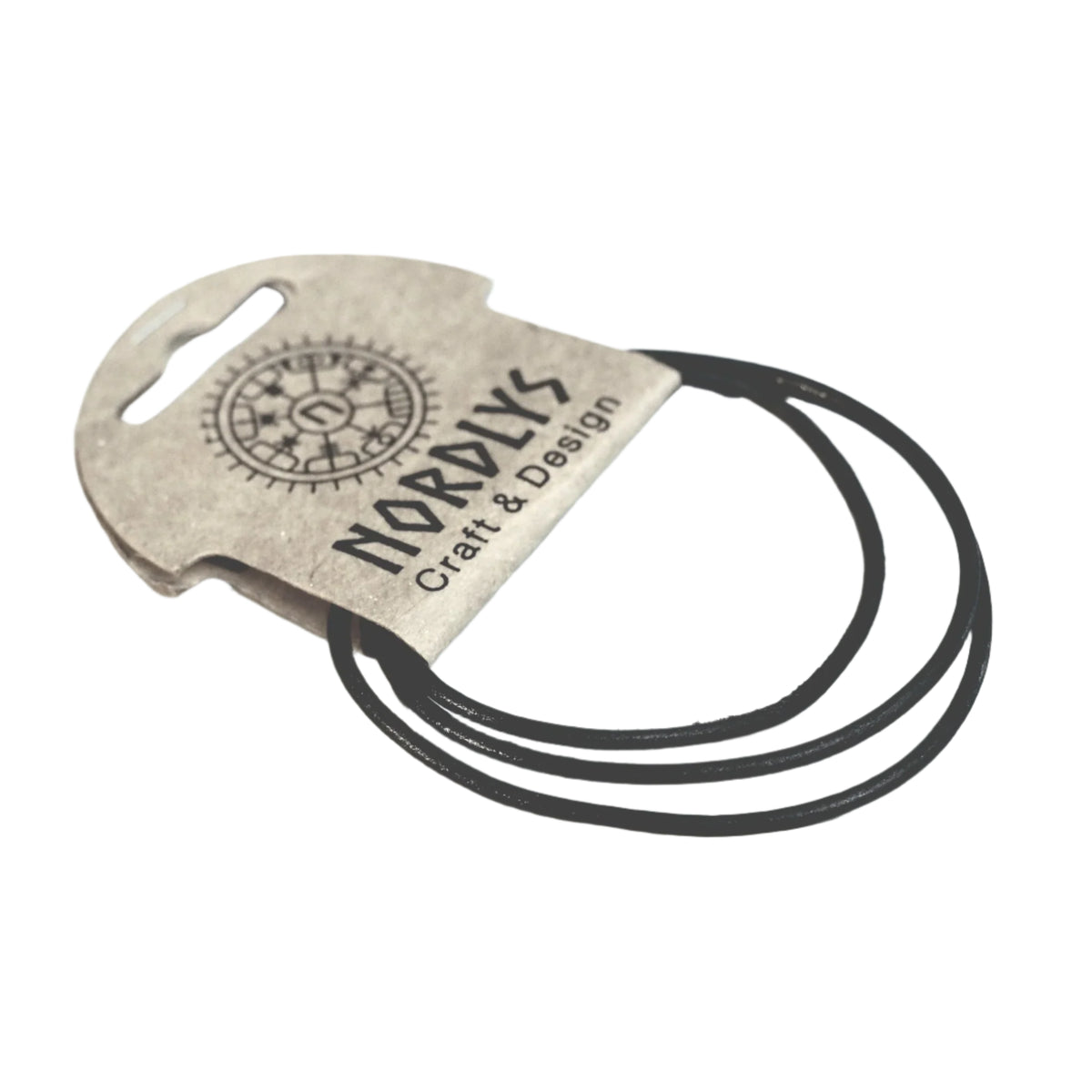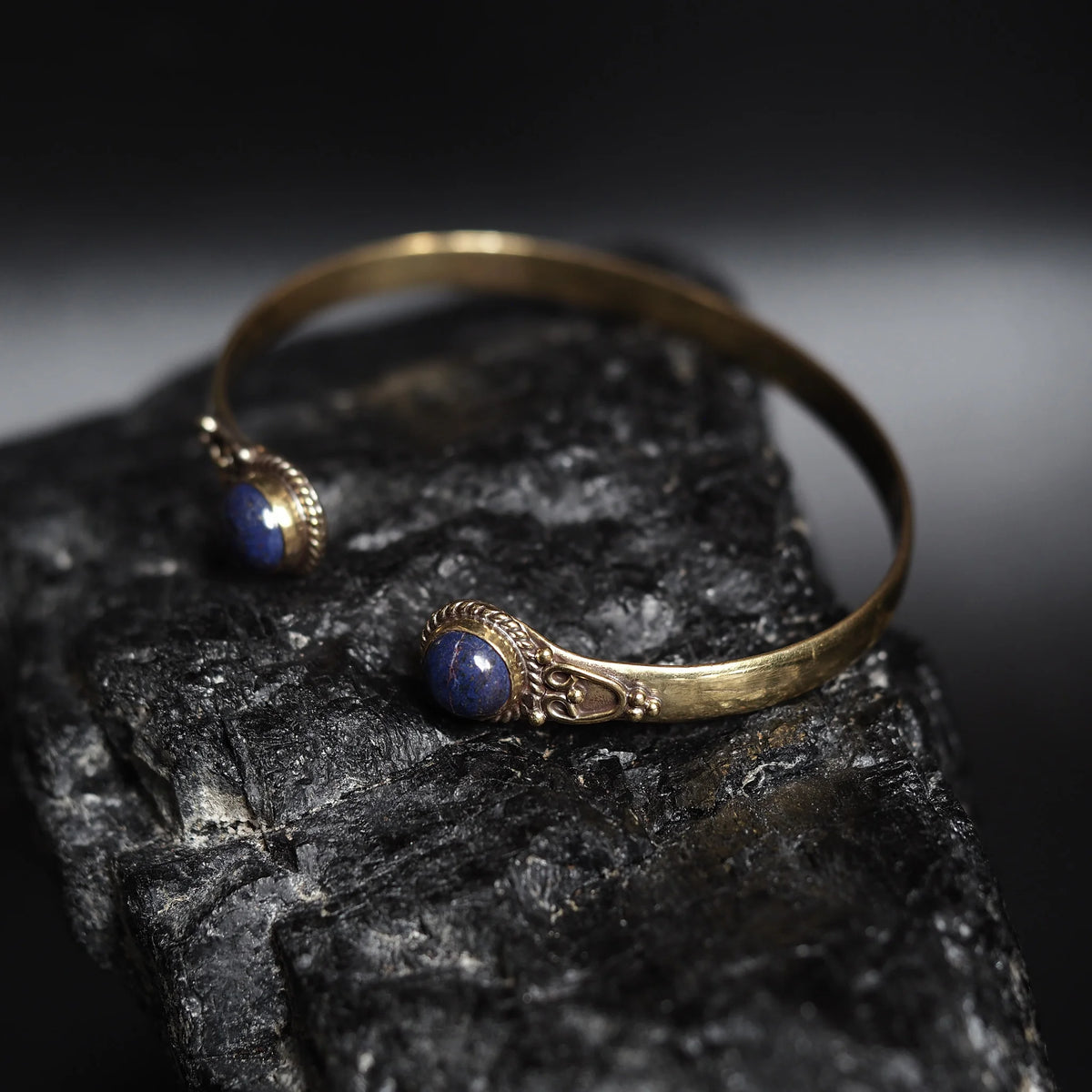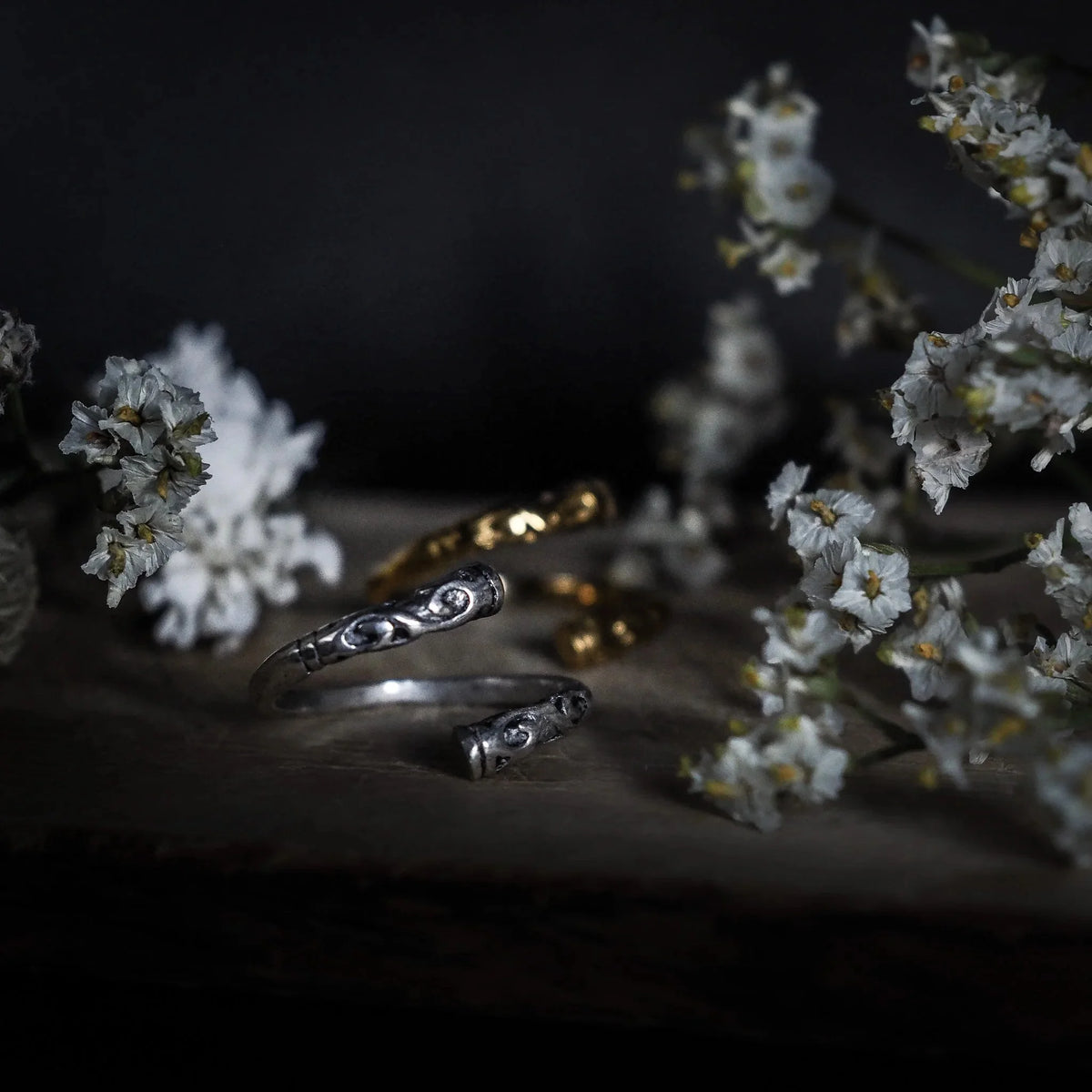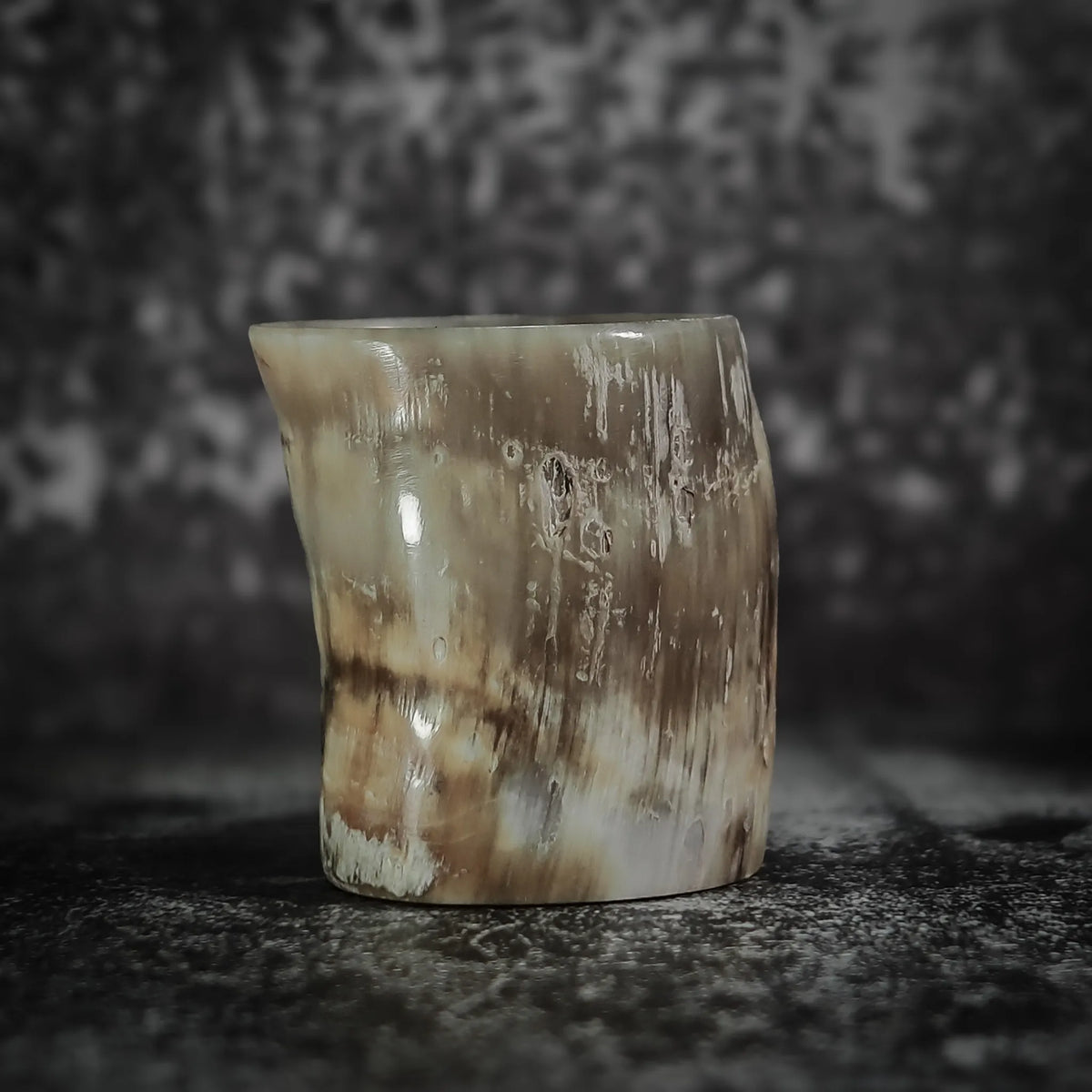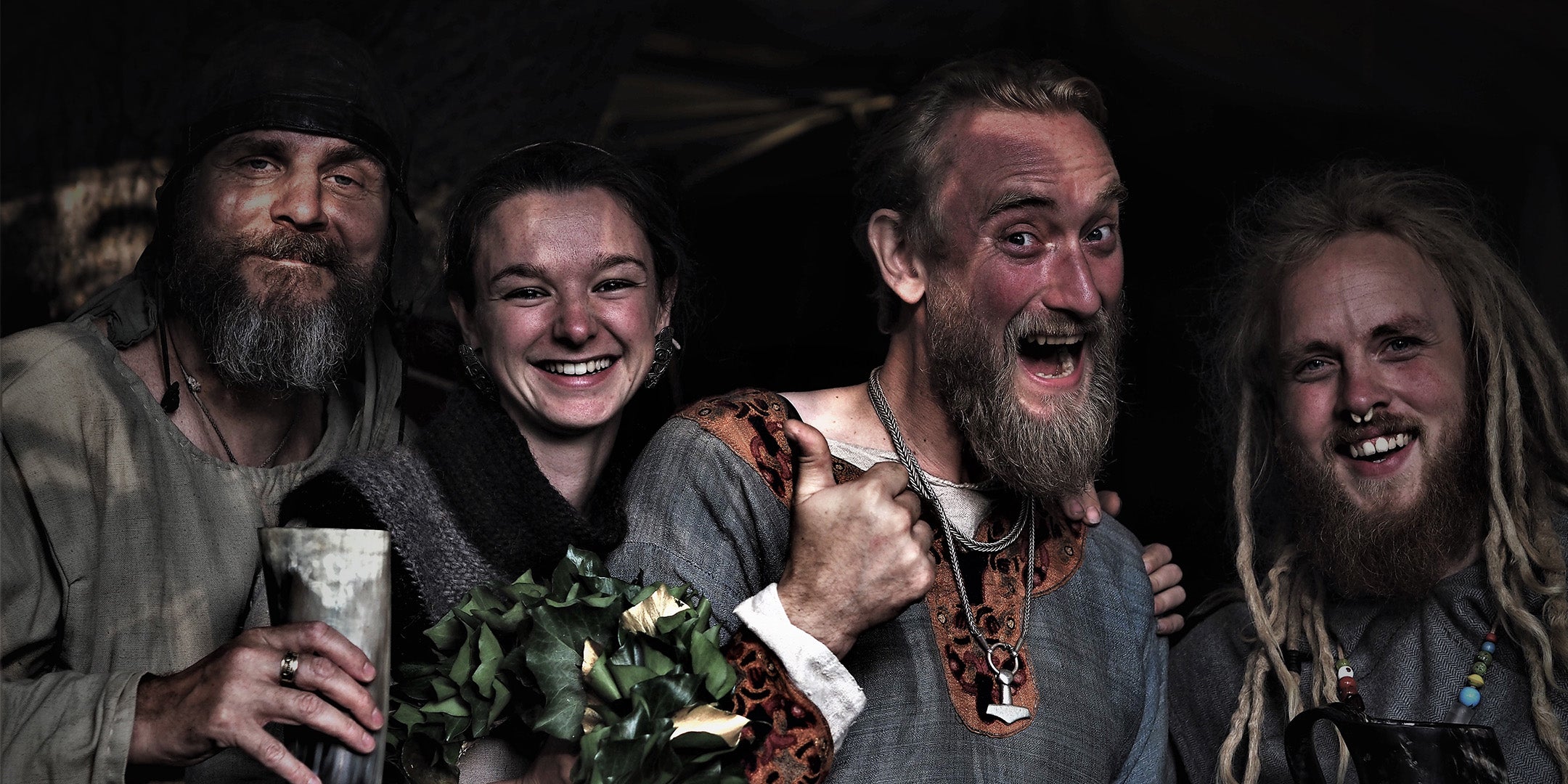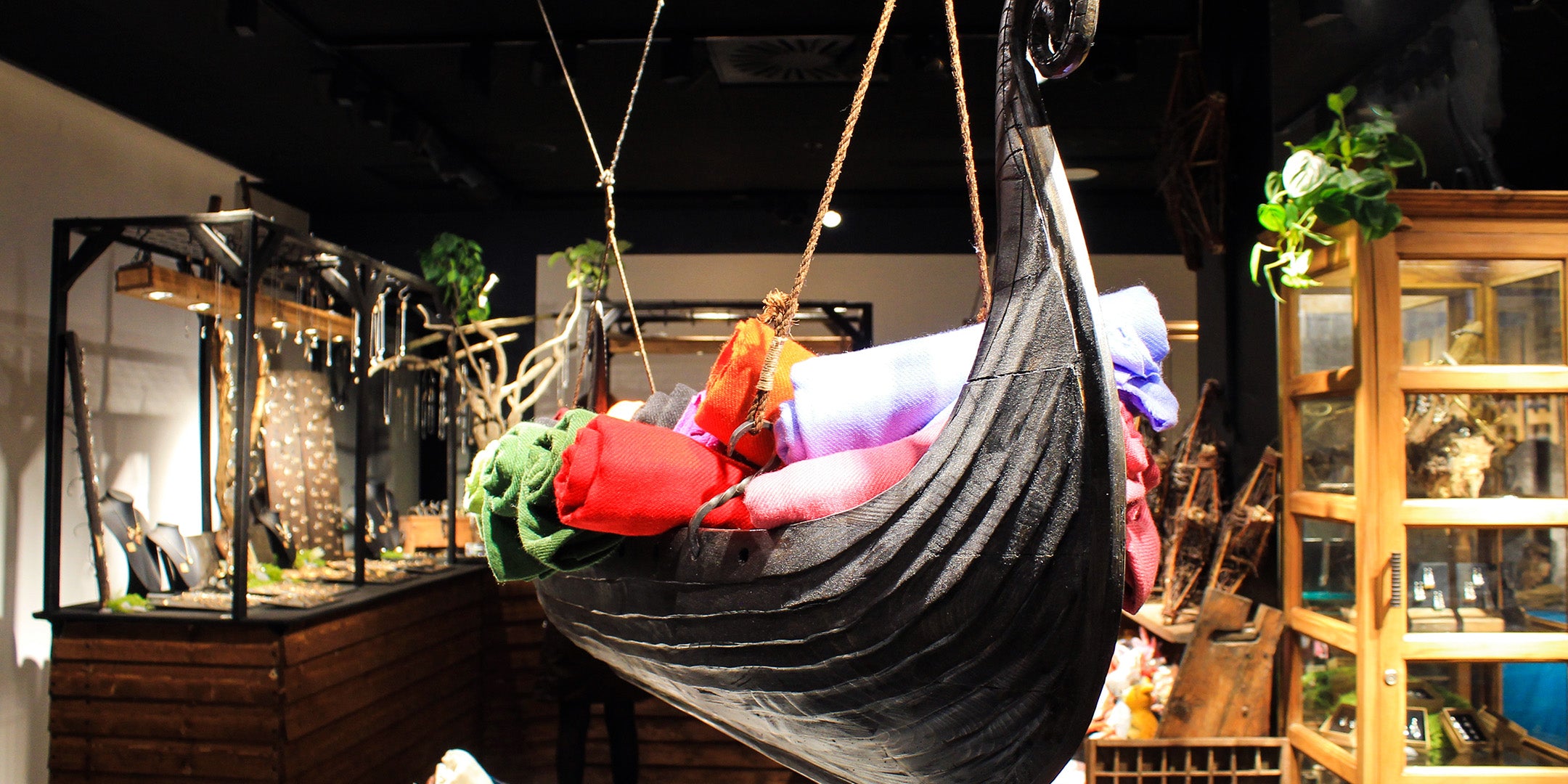Nordlys Story
Nordlys Viking is a Nordic lifestyle brand, driven by passionate individuals. We draw our inspiration from the Nordic cultural heritage and mix it with a modern Nordic design language.
The company is family-owned and run by Tone & Elias. Both are passionate about design, tradition, and sustainability. Our goal is to have fun in life while also feeling that what we live off gives something positive back to the world. For our customers, for our craftsmen, and ultimately for everyone else. We are proud of what we do and hope you will appreciate it just as much.
By keeping traditional craftsmanship and human needs in focus, sustainability and environmental impact will naturally become what we constantly work with. Old days'
Craft production methods combined with today's environmental awareness create conditions for sustainable production.
Under the Nordlys flag, several ships sail. We do not only work on designing and selling beautiful things. Instead, we carry out several exciting projects every year, where we are organizers and project leaders. In addition, we work closely with several museums, recreate grave finds, and make custom orders through our extensive network of historical craftsmen.
We have a great time and hope you want to join us on our voyage through Nordlys' own saga.
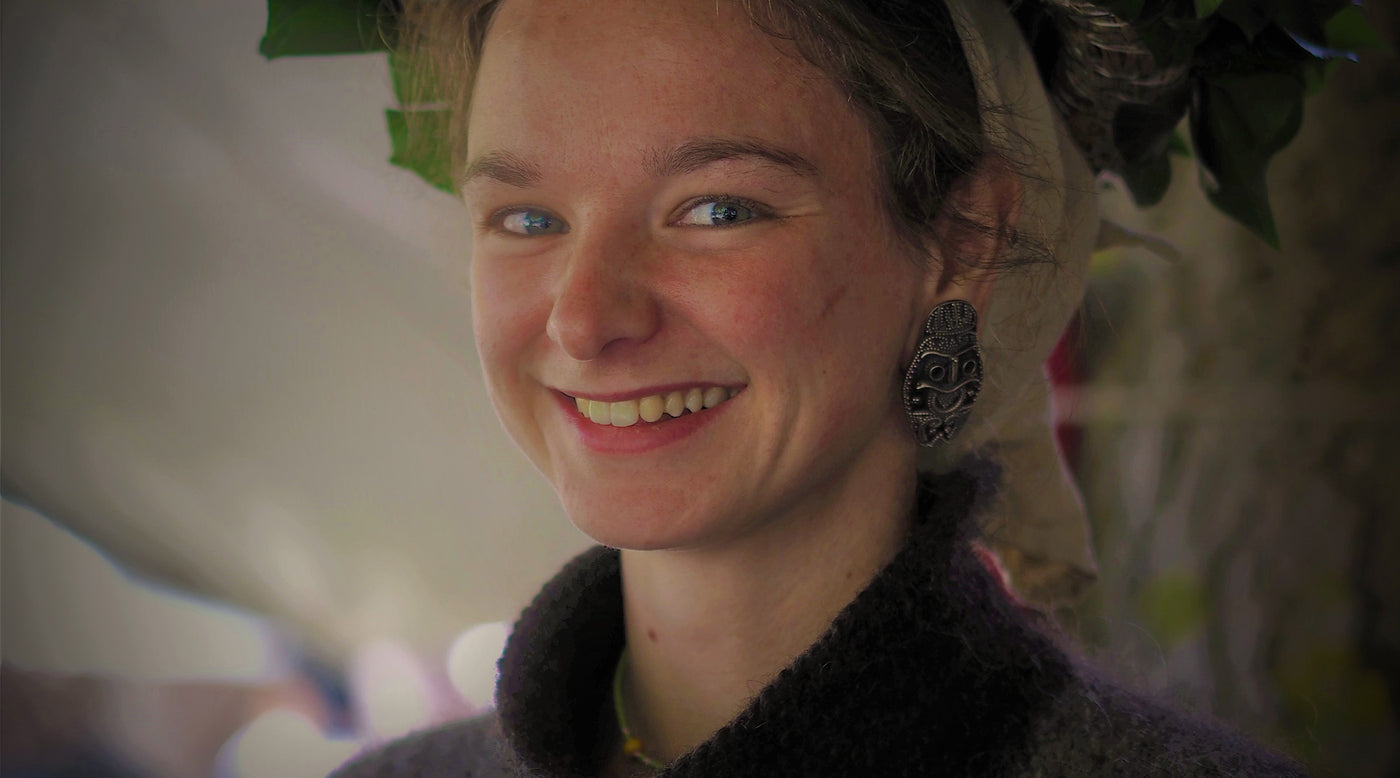
Tone
was born in Tønsberg, Norway, and spent most of her youth there. In her final year of high school, she moved to Bergen and completed her high school education there. After that, she lived for a while in Berlin before moving to Sweden.
Even as a child, a strong interest in both design, architecture, and crafts emerged. Perhaps as a natural consequence of growing up in a creative family filled with art lovers and craftsmen. Several trips around Europe and the world early on broadened her horizons and contributed a variety of impressions and inspiration. This culminated in a Bachelor in Industrial Design from Lund University in 2022, by which time Tone had already been working with design through Nordlys for several years.
She has a particular passion for textile art and started weaving at an early age. But all forms of art and crafts, especially in combination with a personal expression, are dear to her heart. Her personal style is often colorful and dynamic.
Tone wants to reach out to people and improve their lives with her design. Those who work with our production are particularly close to her heart; their work should be safe and bring them joy and meaning in life. But she says she is very pleased if someone acquires an item she has designed and that item evokes an emotional bond. This encourages people to use things longer and helps reduce climate impact and creates sustainability.
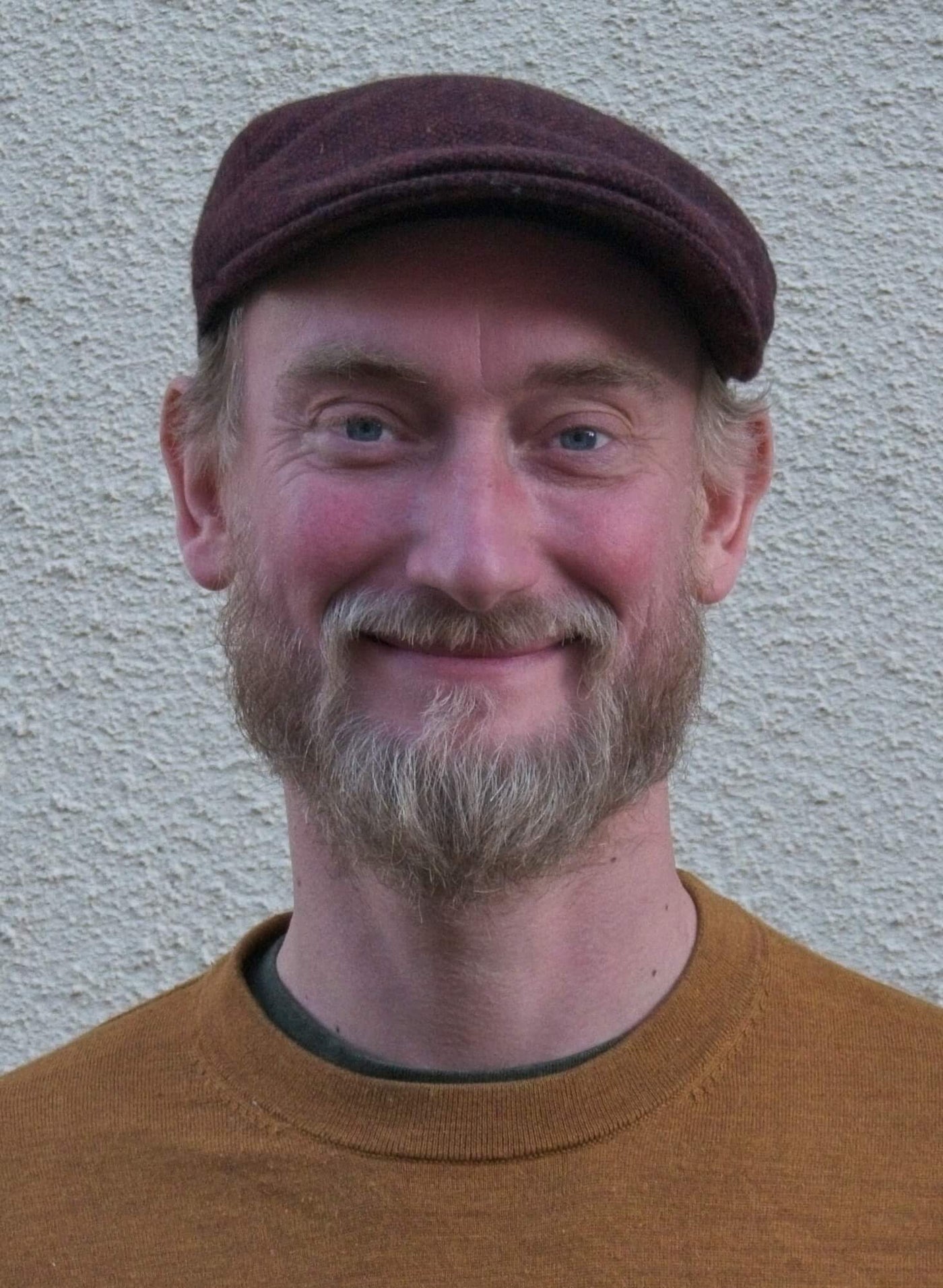
Elias
grew up in Västerås and on Bornholm in Denmark. The family's great interest in nature experiences with fishing, gardening, and animal husbandry shaped him early on and gave him a big heart for everything that grows and lives. Being in contact with nature is still important for inspiration and recovery.
Uncle and Aunt traveled to Asia during Elias's upbringing
long journeys during the winters. What they brought home of jewelry, textiles, and crafts that were sold at markets during the summer months. Hearing the stories and experiencing exotic scents and colors created a sense of adventure from a young age.
During his teenage years, live role-playing was big in the friend group, but at that time there were virtually no sellers of costume accessories and
equipment. With his creativity and craftsmanship, Elias began to make everything from latex masks to full costumes and soft weapons. The other youths
would gladly have his creations, and so Elias started selling his craft at only 16 years old. Over time, his knowledge developed, as did his interest in historical craftsmanship and our cultural heritage in the form of the Nordic sense of form and design. Which has inspired around the world for over 1000 years.
Elias's empathy for other people, animals, and nature is extraordinary and has always shaped his life choices and path through entrepreneurship. A telling example is when he convinced an Indian producer of the importance of a good working environment. Above all, that his workers should not breathe in polishing dust all day long. The understanding of the working environment's impact on health was minimal. The manufacturer could see that the workers did not stay more than a few years. But could not understand the connection with the working environment. Elias did not give up, and eventually, a ventilation system was built. Elias helped with planning, purchasing, and financing.
Appreciating and supporting craftsmanship is also a
important life work. Making it possible for people to continue a vibrant craft tradition, with all it entails of inherited knowledge and tradition, is a matter close to the heart. Many poorer countries are rapidly losing their craftsmen to modern industrial jobs. Where tradition and skill are lost, just as it happened in Europe during the industrial revolution. An active effort to raise the status, living conditions, and wages for these craftsmen is considered extremely important, now and for future generations.
